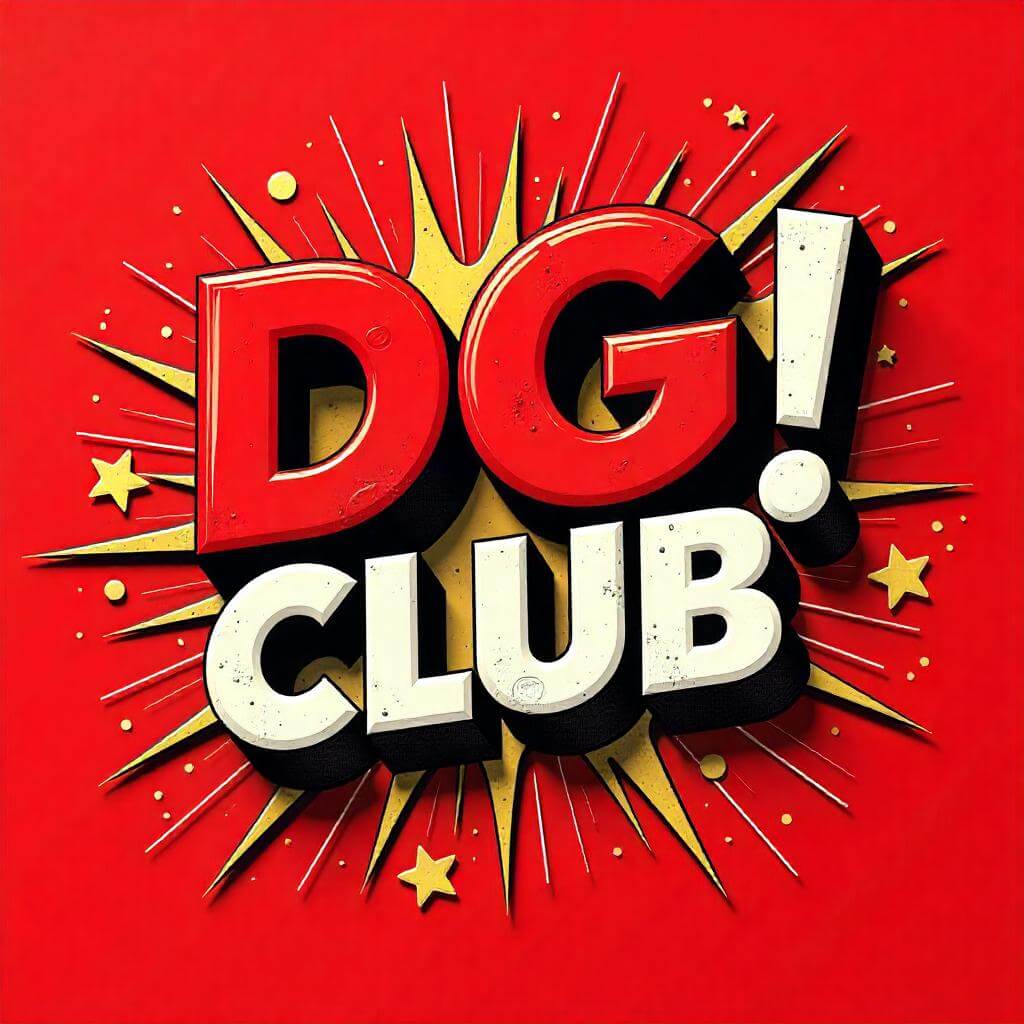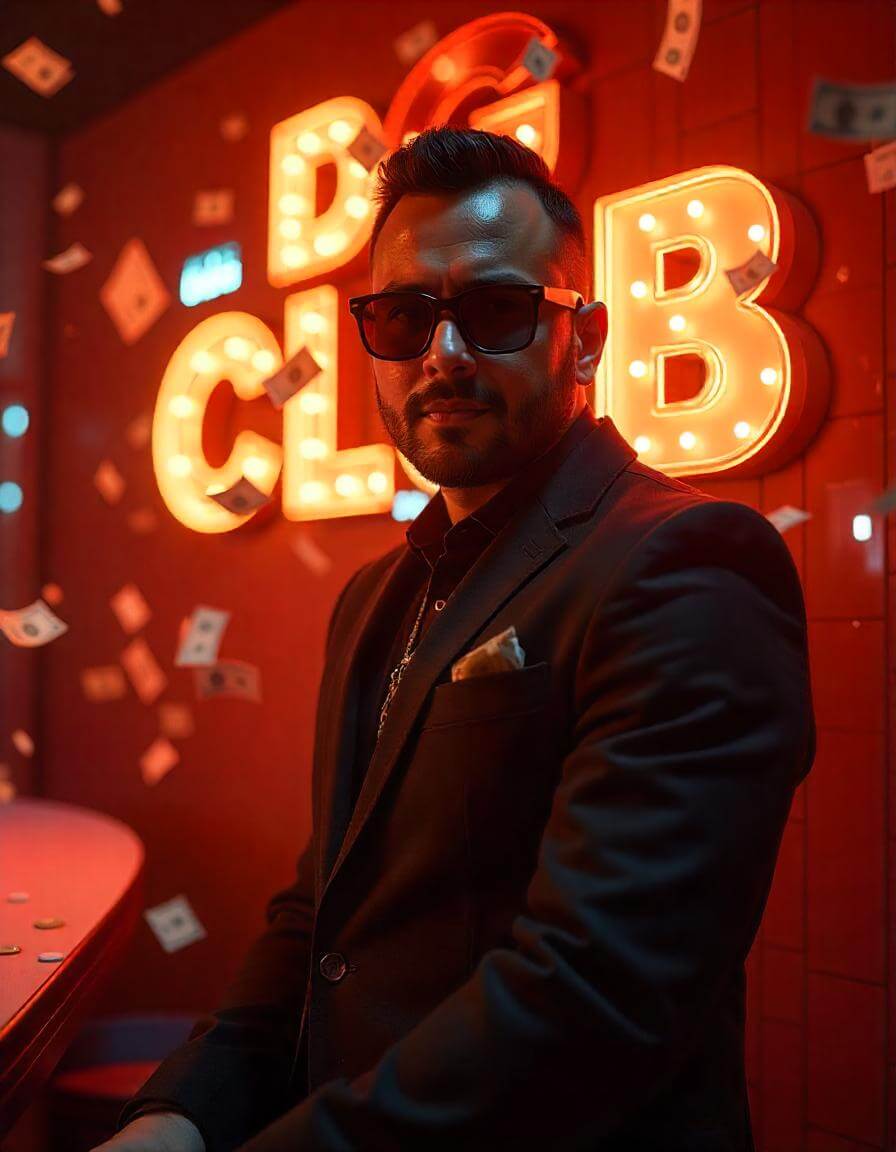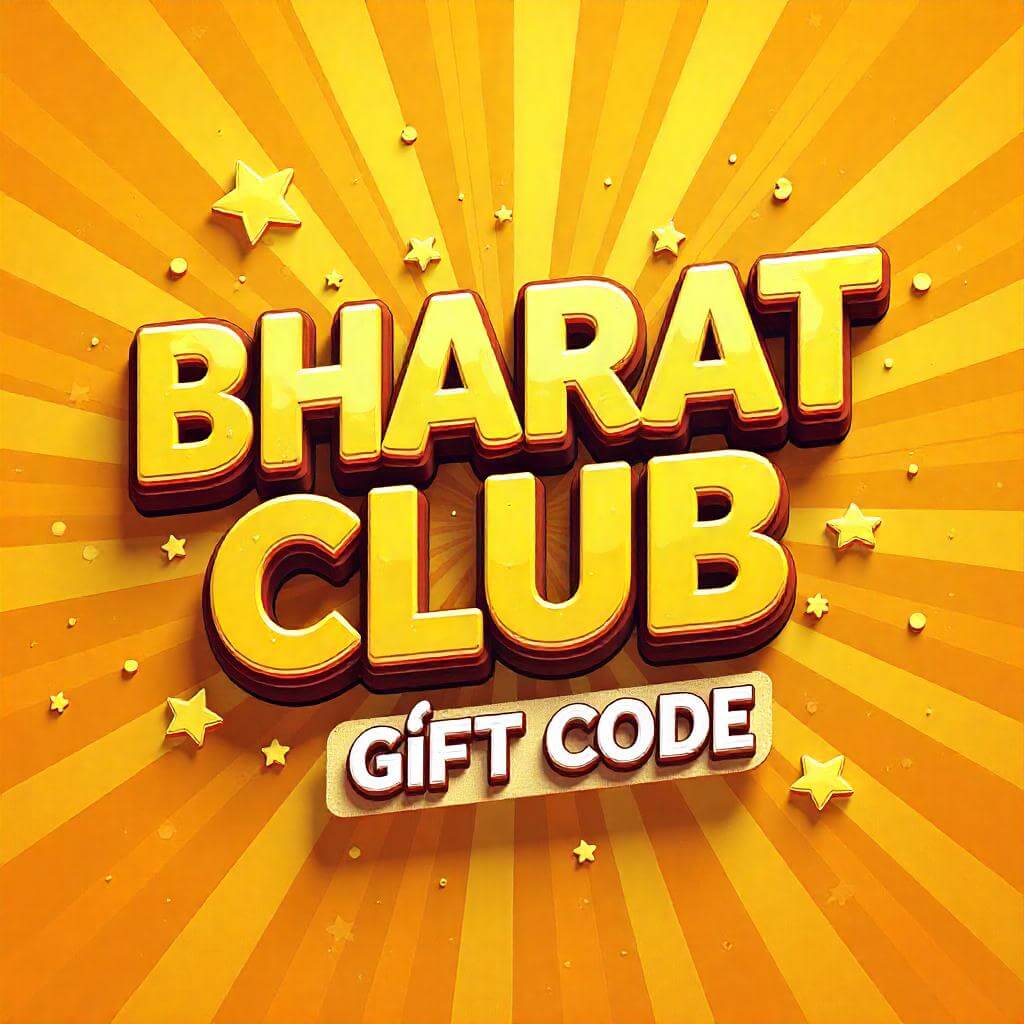India’s Greatest Lottery 2025: Decipher the Code, Guess the Winner!
The Development of Gambling Psychology and How It Influences Marketing
The DG Club Lottery 2025 was introduced as a result of the recent surge in online gaming discussions on Google. In addition to its beloved slogan, “Crack the Code, Predict the Win!” the lottery
Neuromarketing techniques are being used in pyrimid schemes to manipulate users’ emotions.
The Evolution of the DG Club Lottery: A Shift in Online Lotteries
There is more to the DG Club Lottery 2025 than just numbers and chance. From leaderboards to visualization, from vivid colors to maps showing faster wins, every element of this product has been carefully designed. The platform encourages risk-taking and anticipation in addition to offering simple reward collection and undivided attention. When properly incentivized, all three succumb to fundamental human instincts.
The absurd aspect of “Crack the Code” that allows players to try to affect a game’s outcome that they are aware is entirely dependent on chance is what makes it so captivating. The platform effectively sells the appearance of control when users are allowed to “predict the win.” This exploits what behavioral psychologists call the “control heuristic,” which states that a player’s perception that their decisions have an impact on the game’s outcome increases their emotional attachment and time spent playing.
Recognizing Incentives: The Key to the Game
- Systems of Variable Awards
Similar to slot machines and other addictive games, DG Club uses a variable-ratio reward system. By distributing rewards at random, variable reward systems provide an emotional boost in contrast to fixed reward systems, which guarantee results. The “maybe next time” anticipation is essential for keeping users engaged.
- The Sunk Cost Fallacy and Loss Aversion
Due to the phenomenon known as loss aversion, which occurs when losses are perceived as more painful than gains, counterpart users are forced to continue placing bets in an attempt to “recover” past losses. Together with the sunk cost fallacy (in a feeling-bound context, where users feel pressured to keep playing the game because so much money or time has already been spent), DG Club subtly extends the amount of time users are supposed to spend playing the game.
- Promotions as Initiators
Flash bonuses, referral bonuses, deposit matches, and spin-the-wheel bonuses are examples of incentives that can act as motivators or, as we call them, incentive triggers—types of outside stimulation that stimulate creativity. Because of this, the “limited time 2X prediction bonus” is a powerful motivator with amazing “fear of missing out” (FOMO) capabilities.
A Synopsis of Gambling Promotions
Throughout history, gambling has prospered from promotions. In the past, casinos would provide their high rollers with free drinks, hotel rooms, and show tickets. Promotions became more psychological in nature as online gambling became more popular:
history of online gambling promotions.
Online casinos in the early 2000s increased their user bases by offering enticing sign-up bonuses.
Microtransactions, specialized loyalty spins, and tiered free-loyalty systems were added to mobile apps in the 2010s.
2020s: Gamified Betting: Platforms akin to DG Club incorporated social gaming and conventional lottery structures into promotions.
DG Club is an application that combines two decades of behavioral economics with digital user experience. This setting is both fulfilling and highly psychologically stimulating.
The intersection of behavioral psychology and digital gamification
In 2025, “predict the win” helps players advance through levels by solving puzzles. This makes cognitive engagement possible, which is a defining characteristic of excitability that intensifies the feeling of addiction.
Players climb the leaderboard, tier their unlocks, and earn badges—mobile app gym culture. It uses internal motivators such as
Mastery: “I’m improving at this.”
Status: “I’m at the top of the leaderboard.”
“I want to beat my friends” is an example of competition.
As many would know, these are not brand-new. For a very long time, psychologists Daniel Kahneman and B.F. Skinner worked on these motivations. What’s different now is how DG Club “gamifies” them in a gambling context without the player realizing it.
Is it behavioral manipulation or amusement?
The final query is: Is the DG Club Lottery 2025 a harmless piece of cutting-edge digital technology or a deceptively concealed behavioral trap?
Somewhere in the gray is the answer. Although many people use it as a pastime, vulnerable users—mostly young people—are subjected to complex internal red flags designed to entice them to spend a lot of time scrolling and spending money.
DG Club offers its members features like deposit caps, cool-off times, and self-exclusion that promote responsible gaming. However, it is the users’ responsibility to comprehend how the system functions and how incentives can be used to manipulate it.
It is anticipated that platforms will use AI to create more sophisticated algorithms and psychological matrices as India’s digital gambling market grows. DG Club is probably not the last highly optimized gaming platform that adapts automatically to user behavior and aims to increase user engagement through rewards.
However, that evolution entails shared accountability. To ensure that the boundary between entertainment and exploitation is not blurred, regulators, developers, and users must work together.

Conclusion
DG Club is not your typical lottery. It is a living example of incentive strategy, motive-driven engagement, and the evolution of online gambling promotions. In addition to making DG Club stand out from its Indian competitors thanks to its design and predictive gameplay, it also serves as a reminder of how promotions, no matter how complex, can influence behavior for enjoyment, financial gain, or a combination of the two.
Thus, the next time you hear the phrase “Crack the Code, Predict the Win!” Is the game playing you, or are you playing the game?


